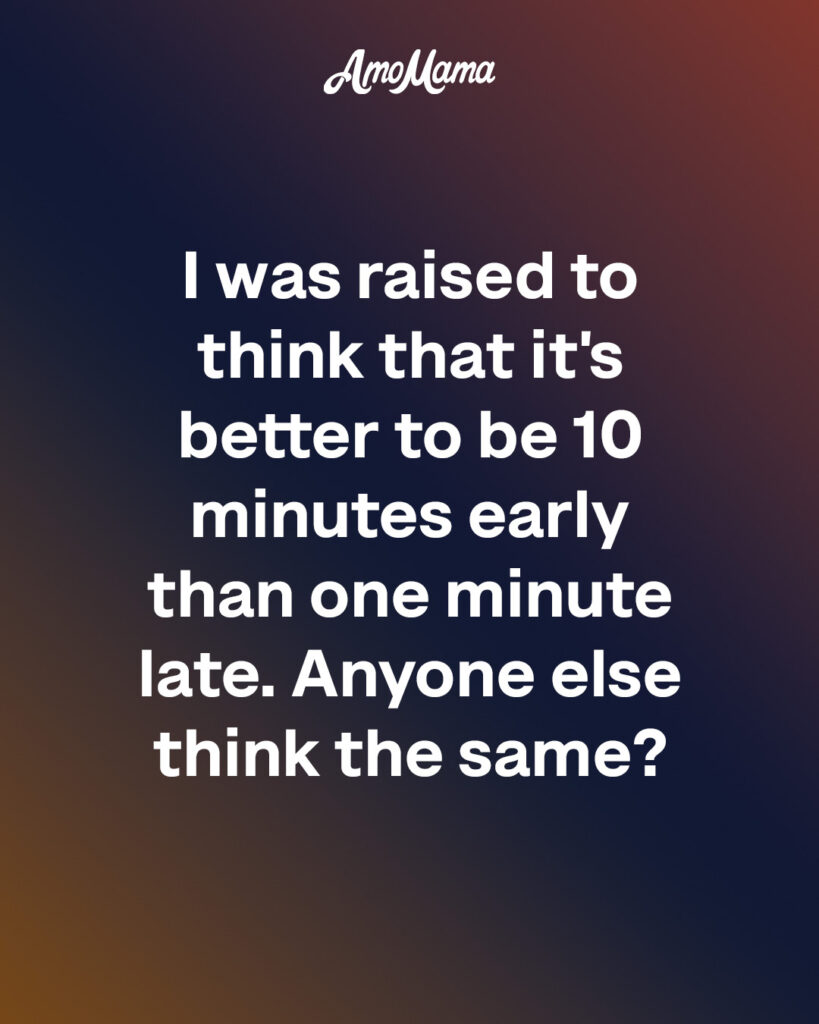Some lessons aren’t taught—they’re absorbed. For many, the idea that it’s better to be 10 minutes early than one minute late isn’t just about punctuality. It’s a quiet code of respect, preparation, and personal integrity. It’s the kind of mindset that doesn’t shout, but speaks volumes.
Being early signals something deeper than time management. It reflects how you value others’ time—and your own. It says, “I’m prepared. I respect you. I’m not here to scramble—I’m here to show up fully.” In professional settings, this habit builds trust. In personal relationships, it fosters reliability. And in life, it creates a rhythm of readiness that buffers against chaos.
Those who live by this principle tend to share certain traits: they’re intentional, not reactive. They plan ahead, not just for what’s expected, but for what might go wrong. They don’t thrive on adrenaline or last-minute drama—they find strength in consistency. And they often succeed not because they’re the loudest in the room, but because they’re the most prepared.
Arriving early gives you time to settle, breathe, observe. It opens doors to unexpected conversations, quiet moments of clarity, and opportunities that rushers miss. It’s not about being rigid—it’s about being respectful. And in a world that often celebrates hustle and speed, this quiet discipline stands out.
So yes, many people do think the same. And those who don’t? They might just be missing the subtle power of showing up before the clock demands it.

